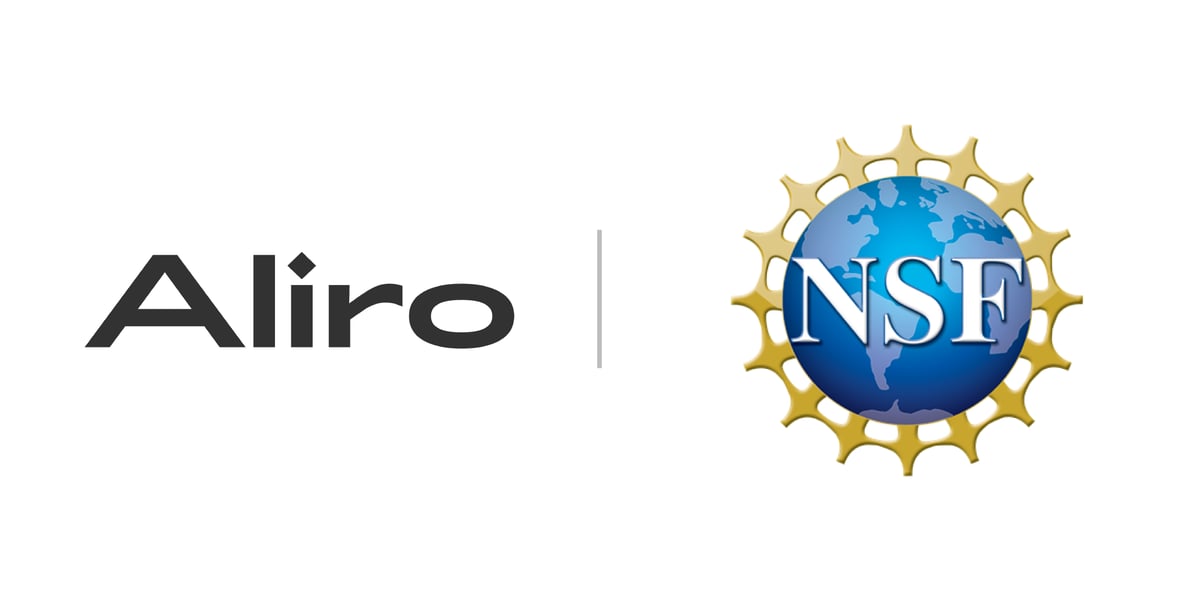
BOSTON (March 24, 2021) – Aliro Quantum and the NSF Quantum Leap Challenge Institute for Hybrid Quantum Architectures and Networks (HQAN) have joined forces in building the foundational technology for distributed quantum networks—an accelerated and cost-effective route to High Performance Computing (HPC) that will unlock breakthroughs in medicine, secure communications, navigation systems, artificial intelligence, and more.
“The development of distributed quantum networks will propel quantum information into a new era,” said Brian DeMarco, director of HQAN. “Aliro brings valuable expertise in the design of quantum networks for government and commercial applications. They will be an excellent partner as we work together to build the foundational tools to enable distributed entanglement and processors.”
Aliro will join HQAN on its mission to develop hybrid distributed quantum processing and networks, an accelerated route to High Performance Computing
Distributed quantum computing is a key technology needed to scale up quantum computing for HPC applications. HQAN is developing the technology needed to assemble hybrid quantum processors and networks. Through its partnership with HQAN, Aliro will share its expertise in quantum network design through collaborative research projects as well as assist in workforce development efforts at HQAN.
“Aliro’s partnership with HQAN will bring us one step closer to unlocking the power of Entanglement as a Service(EaaS),” said Jim Ricotta, Aliro CEO. “Today’s quantum computers are already running into fundamental limitations in scaling on a single chip. HQAN’s research and engineering will help develop the key tools needed for distributed quantum networks.”
NSF Quantum Leap Challenge Institute HQAN is led by the University of Illinois' IQUIST, in collaboration with the University of Wisconsin and the University of Chicago. In addition to these three Midwest research powerhouses, which are members of the Chicago Quantum Exchange, the HQAN program integrates industry and government labs. Announced in July 2020, it is one of three QLCI programs in the US and is aligned with the 2018 National Quantum Initiative Act.
Source: PR Newswire
